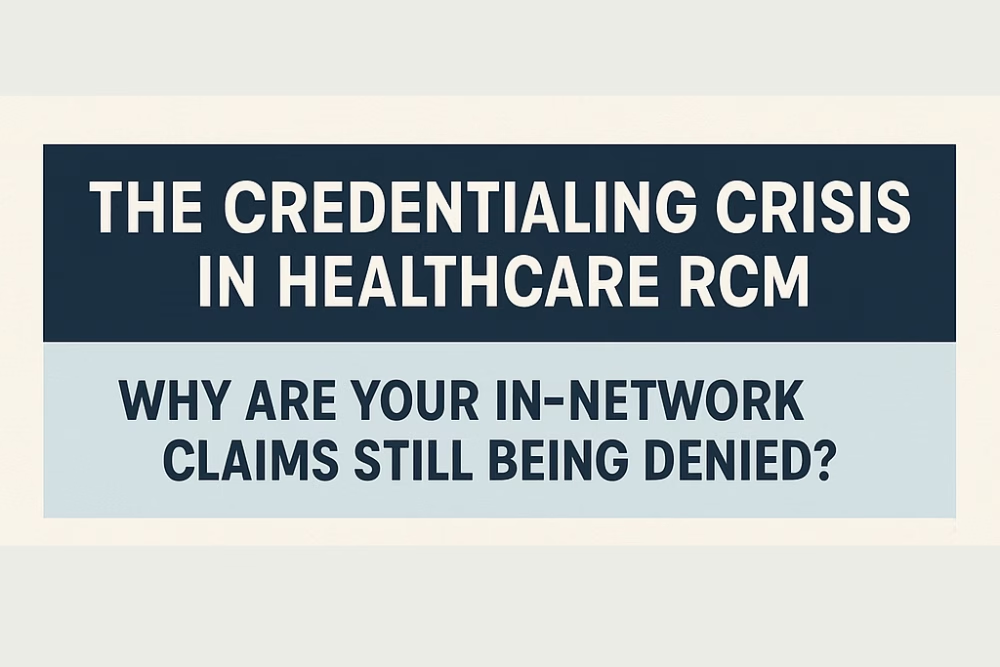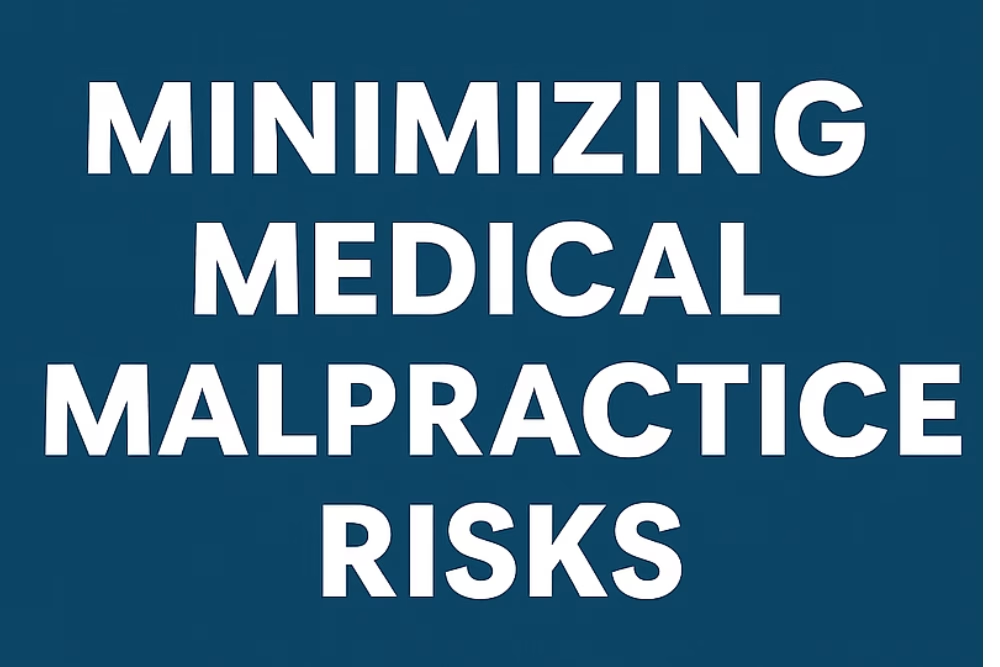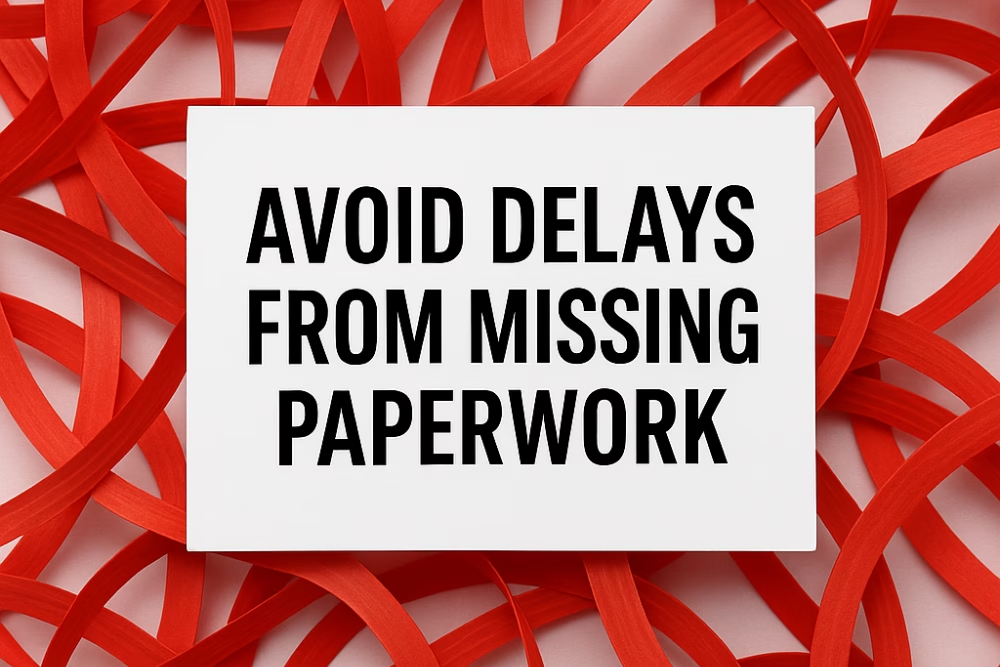Opening a healthcare practice is a rewarding venture, but it’s also a detailed process that requires thorough planning and documentation. Whether you’re a healthcare provider, practice manager, or clinic owner, having the essential documents for starting a healthcare practice is essential to ensure a smooth launch, legal compliance, and long-term success.
In this guide, we break down the 10 key documents every new practice needs to operate confidently and compliantly in today’s healthcare environment.
1. Strategic Business Plan
Start with a clear roadmap. Your business plan should outline your:
-
Mission and vision
-
Target patient base
-
Financial projections
-
Operational goals
-
Marketing strategies
This document helps align your team and attract potential investors or lenders.
2. Licenses and Certifications
Before seeing your first patient, make sure you have:
-
A valid state medical license
-
Board certifications
-
DEA registration (if applicable)
-
Any additional state-specific permits
Check with your state’s medical board for specific requirements.
3. Credentialing Documents
Joining payer networks requires submitting:
-
Work history (CV/resume)
-
Professional references
-
Malpractice insurance certificate
-
State license copy
-
Group or individual NPI number
Being credentialed ensures your practice gets reimbursed by insurers.
4. Insurance Policy Records
Keep an updated list of accepted plans and payer-specific policies, including:
-
Medicare and Medicaid guidelines
-
Workers’ compensation policies
-
Private payer contract terms
This ensures clean claims and minimizes denials.
5. Legal Structure Documentation
Determine and document your business type:
-
Sole proprietorship
-
LLC or PLLC
-
Partnership
-
Corporation (S-Corp or C-Corp)
Legal structure impacts liability, taxes, and ownership flexibility.
6. Compliance & Regulatory Documentation
You must comply with:
-
HIPAA privacy and security standards
-
OSHA safety regulations
-
CLIA certifications (if applicable)
-
CMS rules and billing guidelines
Documentation should include written policies, audits, staff training logs, and EHR compliance records.
7. Tax Identification Documents
You’ll need:
-
Employer Identification Number (EIN) from the IRS
-
State tax ID for local filings
These are essential for payroll, banking, and tax compliance.
8. Financial & Banking Information
Organize:
-
Business bank account details
-
Loan documents
-
Lines of credit
-
Billing platform agreements
These documents help you track income, manage cash flow, and maintain a clear financial picture.
9. Vendor & Partner Contracts
Secure written contracts with:
-
Labs and diagnostic centers
-
Equipment suppliers
-
Software and EHR vendors
-
Billing services
These agreements should clearly define service levels, pricing, and compliance obligations.
10. Corporate & Governance Files
Maintain a secure folder for:
-
Articles of incorporation
-
Operating agreements
-
Meeting minutes
-
Shareholder or member agreements
These documents demonstrate proper governance and are often needed for financing, audits, and legal matters.
Why These Documents Matter
Having the essential documents for starting a healthcare practice isn’t just about compliance—it sets your practice up for operational success, protects against liability, and ensures smooth collaboration with insurers, vendors, and partners.
Let eClinicAssist Help You Launch with Confidence
Starting a healthcare practice takes more than clinical expertise—it requires systems, documentation, and planning. At eClinicAssist, we support providers, managers, and owners in launching and growing their practices with ease.
👉 Contact eClinicAssist today for a free consultation and learn how we can help you streamline operations, manage credentialing, and improve your practice’s performance.







